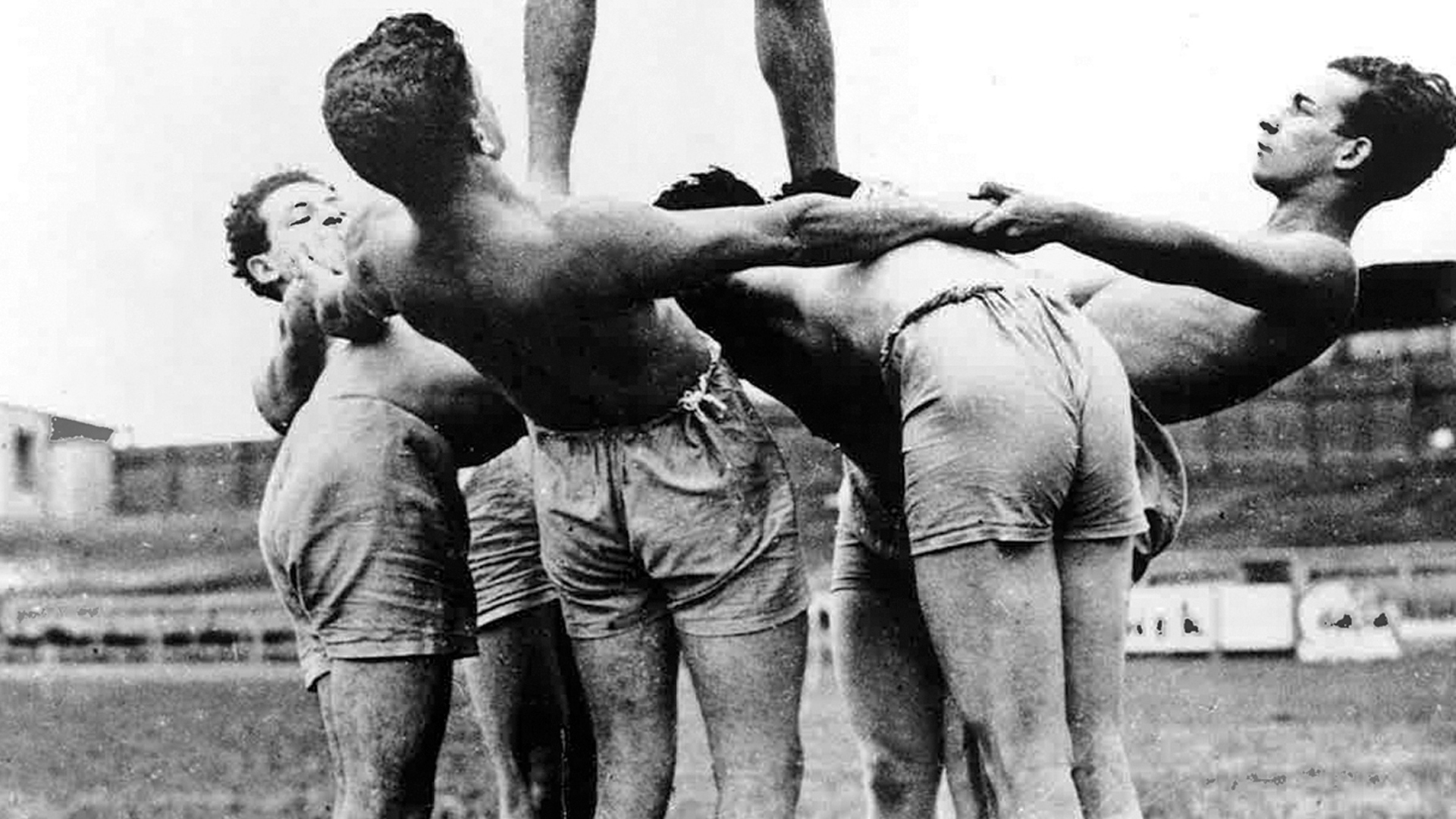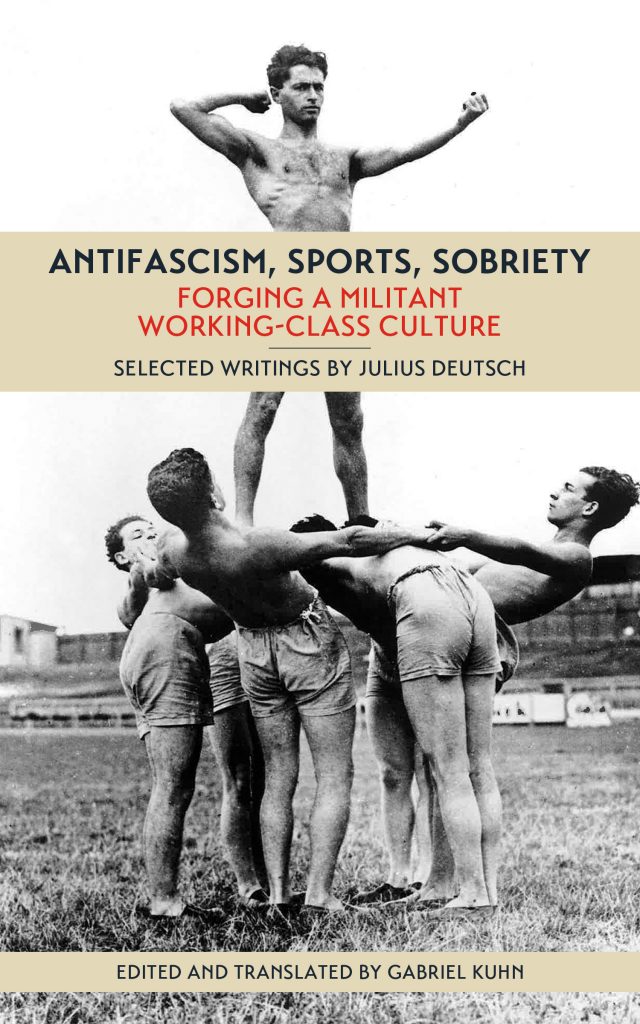By Gregory Zobel
Freedom News
March 2nd, 2017
This book is too short. All the content is of high and tight quality. Read Kuhn’s introduction and mini-bio of Deutsch and you’ll want to know much, much more about Red Vienna. It’s a crack incisive introduction to the vital, visceral intersectionality of anti-fascism, sports, and sobriety.
Kuhn’s volume offers a detailed, readable, well-sourced, and accessible entry into health-centred anti-fascism. Veracity and believability stem from his refusal to present Red Vienna as an idyllic time. No. They made mistakes. Knowing this, it’s inviting and more honest in approach than many traditional narratives surrounding revolutionary utopian efforts and projects.
This is not a “back in the good ole days of state smashing” sales pitch. Instead, Kuhn helps readers understand more of the strengths and weaknesses from the era. He works to free the era from sole control and historical representation by communist party loyalists and historians. Just as reading about the 1936 Spanish Revolution would be problematic if only read from a communist or Stalinist perspective, so, too, with Red Vienna. With this book, Kuhn adds an important work to the relatively limited number of English works about Red Vienna.
If you’ve read Kuhn’s work on Straight Edge, you will find a number of connections between the volumes. Whether Kuhn read some of Deutsch’s work and the related authors first, and those moved him to Straight Edge, or the other way around, doesn’t really matter. What is interesting are the shared concerns: remaining sober, healthy and strong so that you can see the lies of governing forces, retain clarity, maintain strength, and build capacity to resist.
Kuhn makes the point that, unlike many socialist groups and parties throughout the German-speaking world, Vienna was different. They fought back. They lost, but they resisted. They had armed militias, they had training programs, and they knew the importance of providing access to the natural world, physical training, and sports leagues — management and operation were not trusted to petty bourgeois or ruling classes. Instead, resources were run by and provided to, for, and by the people where they lived and worked.
This is absolutely one of my favourite books. I sat down and read it in an evening.







